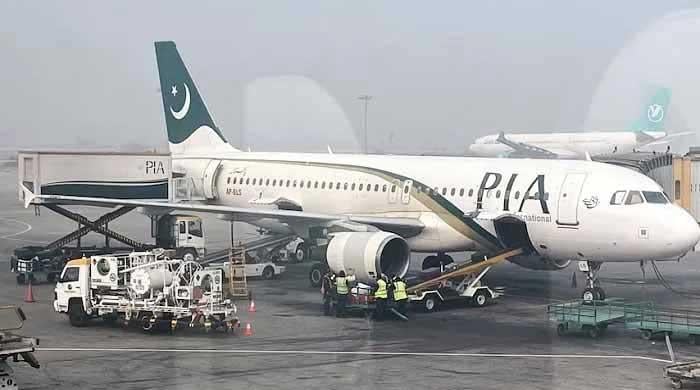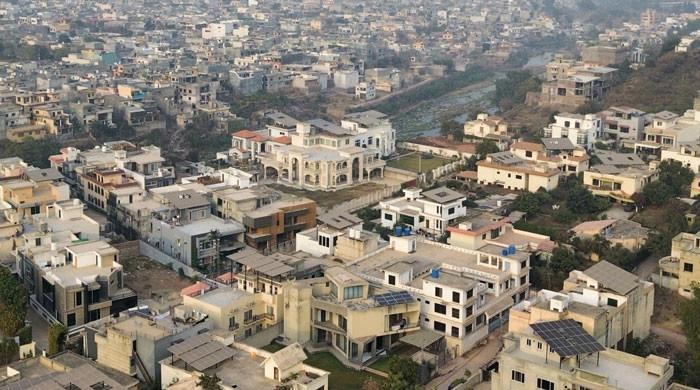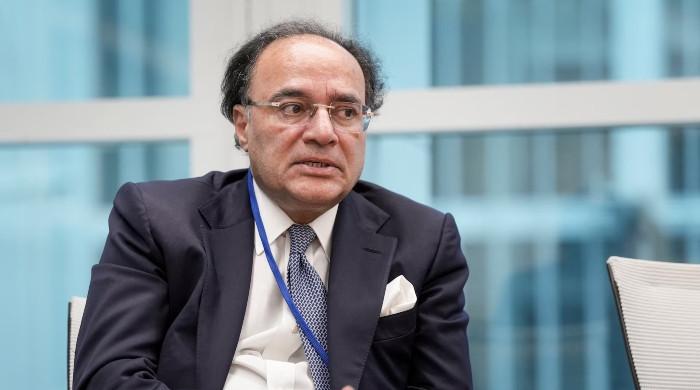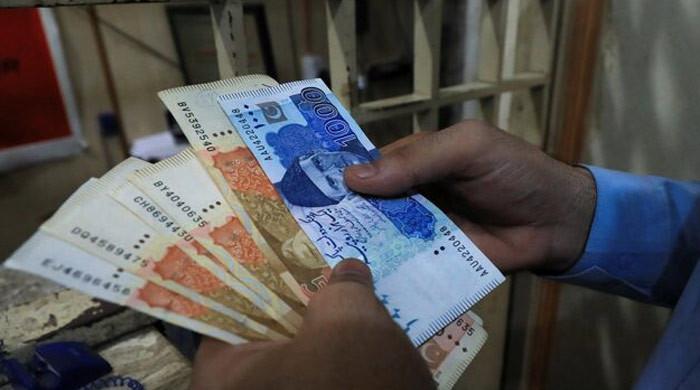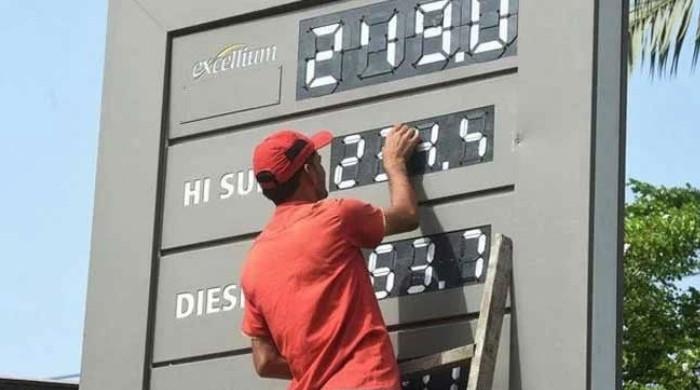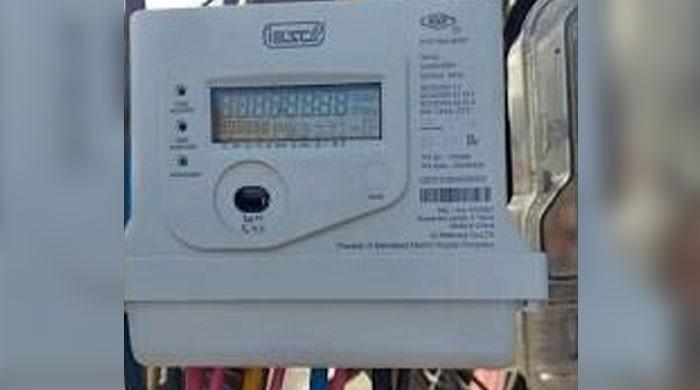Electricity prices expected to move up by Rs7.14 per unit
Government likely to raise power tariff in a bid to revive stalled IMF programme
May 14, 2022
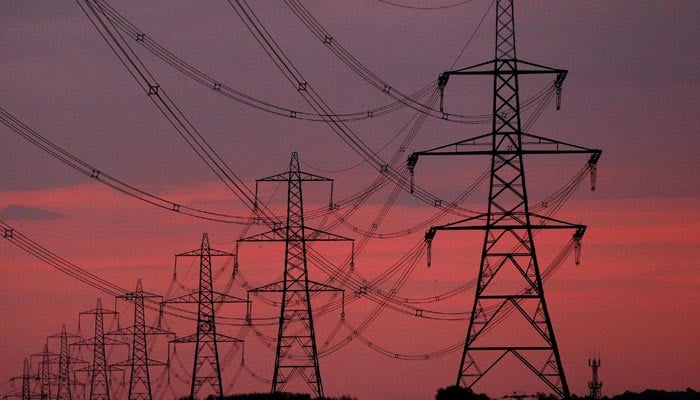
- Power tariff likely to rise in bid to revive stalled IMF programme.
- Work on devising targeted subsidies underway.
- Pakistan and IMF are scheduled to hold review talks from May 18.
ISLAMABAD: To revive the stalled IMF programme under the $6 billion Extended Fund Facility (EFF), the government will have to hike the electricity tariff by Rs7.14 per unit through base price and fuel price adjustments as well as increase the petrol prices in a gradual manner.
Owing to the fear of backlash, the government is considering hiking only petrol and continue giving subsidies on diesel. The government is also exploring options to convince the provinces to contribute by sharing the burden to absorb the fuel cost.
The work on devising targeted subsidies is also underway at the senior level of the government.
According to official working, the government will have to hike electricity by Rs4.79 per unit as a base price and another Rs2.35 per unit as outstanding fuel price adjustment, so in totality, the IMF is demanding an increase of Rs7.14 per unit for curtailing further escalation in circular debt.
Pakistan and the IMF are scheduled to hold review talks from May 18, for making renewed efforts to strike a staff-level agreement that can pave the way for seeking approval of the fund’s executive board for the release of the next tranche worth $1 billion.
Through the withdrawal of subsidies, it is feared that it will fuel more inflationary pressures, which already stood at 13.4% and it might further go up in the remaining months of the current fiscal year.
It is estimated that in case of keeping prices unchanged, the government would have to bear the cost of Rs140 billion till June 2022 for four months period from March to June of the current fiscal year.
Now the incumbent regime has been left with no other option but to devise a mechanism for placement of targeted subsidies identified through the newly-conducted National Social Economic Survey (NSER) under the Benazir Income Support Programme (BISP) for protecting around 30 million households from hiked inflationary pressures.
However, experts believe that serious flaws appeared in the design, implementation, inclusion and exclusion done through this survey, as its 43 variables for determining Proxy Mean Testing (PMT) possessed serious flaws.
As such, the exact income of households would be hard to determine.
However, official sources confirm that the conditions of the IMF, World Bank, and Asian Development Bank do not end here, as the government will have to hike gas tariffs on average in a massive way to improve the liquidity crunch being faced by two giants — Sui Southern Gas and Sui Northern Gas.
The IMF has estimated that the total cost of unfunded fuel subsidy, including electricity, gas and POL products, escalated to Rs700 billion or over 1% of Gross Domestic Product (GDP).
The IMF has termed the fuel subsidies "unfunded" and so far estimated that the government provided subsidies of Rs53 billion in March 2022, and Rs72 billion in April and it was projected that this amount would go up to Rs118 billion in May 2022.
If the POL prices in the international market are kept at the existing levels, it is assessed that the fuel subsidies might incur the cost of Rs118 billion. So, in totality, it was projected to cost the national exchequer to the tune of Rs360 billion.
With a total unfunded subsidy of electricity and POL products, the cost stood at Rs501 billion. Now the government conceded that it requires Rs200 billion to pay to gas utility companies, so the total amount surged to Rs701 billion or over 1% of GDP.
The government is working on the placement of targeted subsidies on the basis of the latest NSER survey done to identify the poorest households but there is a need to point out that it was not meant for accomplishing the task of ascertaining the assets/income of the poorest of the poor households.
The post-survey done by the official circles also verified that there were serious flaws in the latest survey, so the government should take a cautious decision to utilise its data to allocate substantial resources in the name of targeted subsidies for the next fiscal year 2022-23.
"It's easy to say but difficult to implement," one senior official commented, who is privy to previous efforts made during the tenure of the PTI regime and added that after finding out flaws, the then-government had adopted the path of granting generalised subsidy, which had benefited the rich more but caused a heavy loss to the national exchequer.
Originally published in The News




